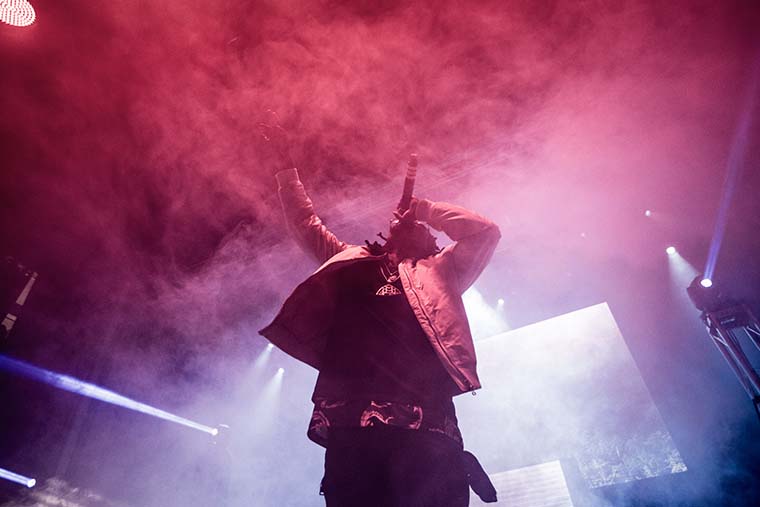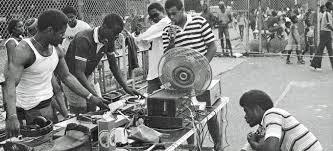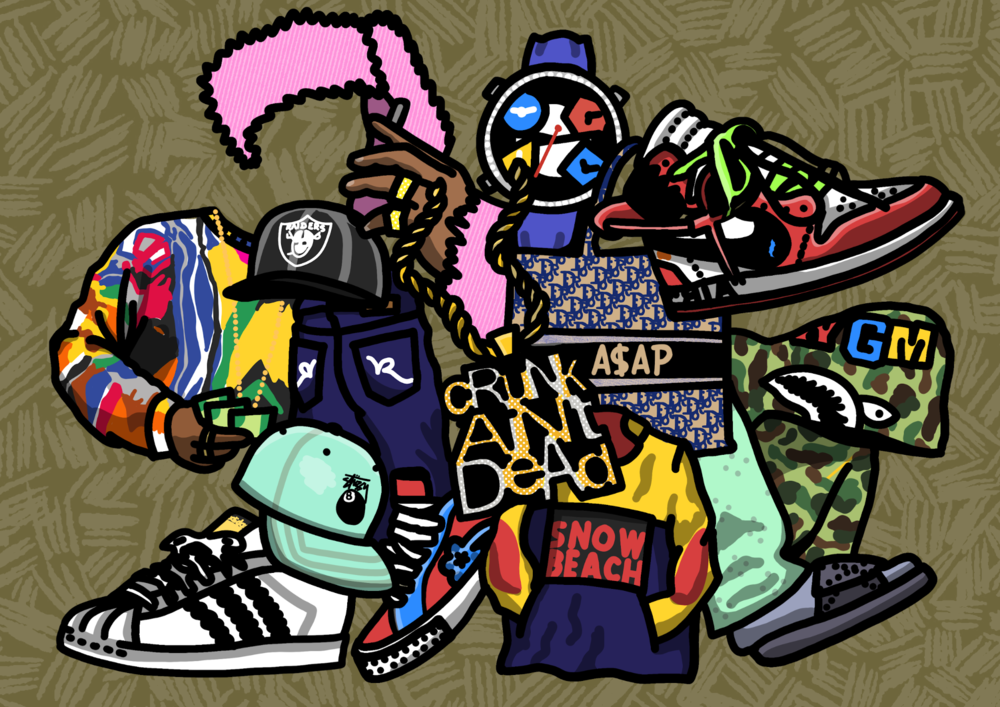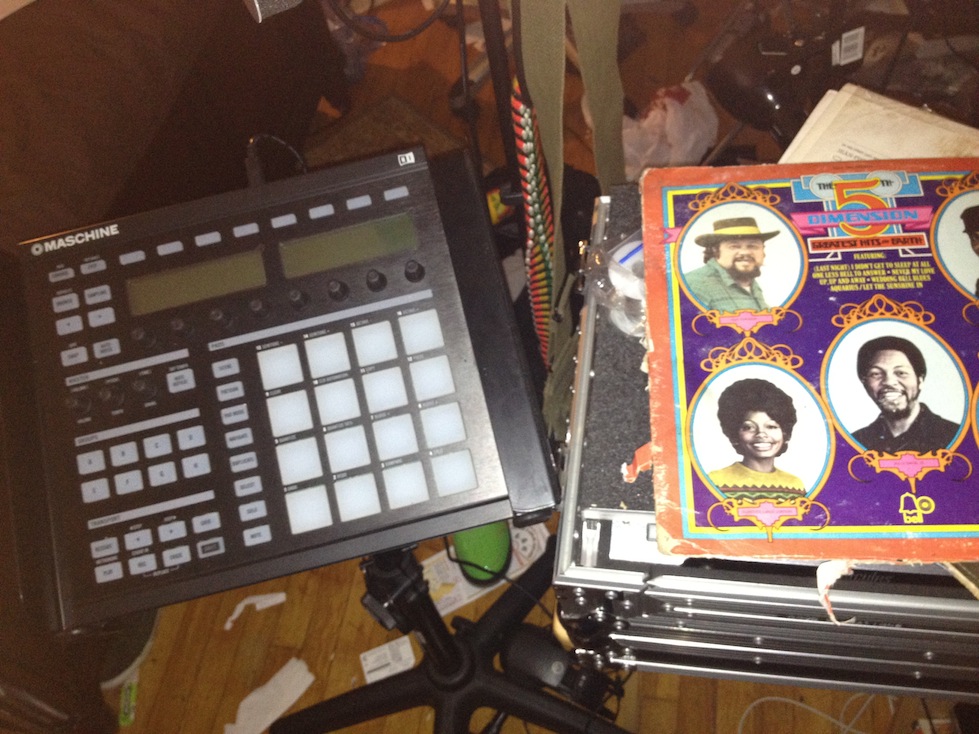Hip-hop, the genre that started from the streets, has now taken over the world with iconic beats and lyrics that resonate across generations. Here, we take a look at the songs that have shaped hip-hop into the cultural icon it is today. From the early days of pioneers to the modern era of trap music, we’ve got it all covered.
The birth of hip-hop: Origins and early influences
The story of hip-hop begins in the South Bronx in the 1970s. It was a time of economic hardship and social unrest, where communities came together to create a new form of expression: rap music. With influences from African drumming, jazz, and funk, hip-hop was born.
But what was life like in the South Bronx during this time? The area was characterized by poverty, crime, and a lack of opportunities. Many young people turned to music and art as a way to express themselves and cope with the challenges they faced. Hip-hop provided an outlet for creativity and a way to connect with others who shared their struggles.
One of the key pioneers of the genre was DJ Kool Herc, who is credited with throwing the first hip-hop party in 1973. His innovative use of turntables and MCs set the foundation for the genre, and his parties became a hub for aspiring rappers and producers. But Kool Herc was not just a DJ – he was a cultural icon. He brought together people from all walks of life and created a sense of community that was sorely lacking in the South Bronx.
The pioneers of hip-hop
Alongside DJ Kool Herc, other pioneers emerged that would define the genre. Grandmaster Flash and Afrika Bambaataa are two names that cannot be ignored. Their contributions to hip-hop culture and music are immeasurable.
Grandmaster Flash is known for his DJing skills and his use of turntables to create new sounds. His innovative use of breakbeats and mixing techniques set the bar for future generations of DJs. But Flash was more than just a DJ – he was a visionary. He saw the potential of hip-hop to bring people together and to create positive change in the world.
Meanwhile, Afrika Bambaataa is credited with helping to spread hip-hop culture beyond New York City. His work with the Zulu Nation helped to promote the culture of hip-hop across the world. But Bambaataa was not just a promoter – he was a leader. He used hip-hop as a tool for social justice and worked to empower marginalized communities.
The first iconic hip-hop songs
The early days of hip-hop were defined by a few standout songs that set the stage for the genre. One of the most iconic hip-hop songs is “Rapper’s Delight” by the Sugarhill Gang. Released in 1979, the song was the first hip-hop single to become a commercial success. Its catchy lyrics and funky beat made it an instant hit and helped to bring hip-hop to the mainstream.
But “Rapper’s Delight” was more than just a catchy song – it was a cultural phenomenon. It introduced hip-hop to a wider audience and helped to break down barriers between different communities. It showed that hip-hop was not just a fad, but a powerful force that could change the world.
Another early classic is “The Message” by Grandmaster Flash and the Furious Five. Released in 1982, the song is a stark portrayal of life in the inner city. Its social commentary and powerful lyrics made it an instant classic and set the stage for a new era of hip-hop.
“The Message” was a groundbreaking song that tackled issues like poverty, drug addiction, and police brutality. It showed that hip-hop could be more than just entertainment – it could be a platform for social change. It inspired a generation of rappers to speak out about the issues that affected their communities and to use their music as a tool for activism.
The Golden Age of hip-hop (1980s-1990s)
The golden age of hip-hop saw the genre explode in popularity and creativity. The East Coast vs. West Coast rivalry, the rise of gangsta rap, and the emergence of iconic artists defined this era.
East Coast vs. West Coast rivalry
The rivalry between the East Coast and West Coast became one of the defining aspects of hip-hop culture. The two coasts had their own unique sounds, styles, and attitudes that set them apart. On the East Coast, artists like Nas, Wu-Tang Clan, and Biggie Smalls dominated the scene with their gritty, raw sound. Meanwhile, on the West Coast, artists like Dr. Dre, Snoop Dogg, and Tupac Shakur redefined the genre with their laid-back, funk-infused beats.
The rise of gangsta rap
Gangsta rap emerged as a dominant force in the 1990s, with artists like N.W.A., Ice-T, and Ice Cube leading the charge. The genre tackled issues like police brutality, poverty, and gang violence, and its raw, unfiltered lyrics resonated with a generation of listeners.
Notable artists and their iconic Hip-Hop songs
The golden age of hip-hop was defined by the work of iconic artists like Public Enemy, A Tribe Called Quest, and Outkast. Their unique styles and groundbreaking work set the stage for future generations of hip-hop artists. Notable songs from this era include “Fight the Power” by Public Enemy, “Scenario” by A Tribe Called Quest, and “Rosa Parks” by Outkast.
The 2000s: A new era of hip-hop
The 2000s saw hip-hop enter a new era, with artists exploring new sounds and styles. The emergence of Southern hip-hop, the influence of R&B and pop, and memorable songs defined this era.
The emergence of Southern hip-hop songs
Southern hip-hop emerged as a dominant force in the 2000s, with artists like Outkast, Lil Wayne, and T.I. leading the way. The genre blended the traditional sounds of hip-hop with the rhythms of the South, creating a unique sound that resonated with listeners across the country.
The influence of R&B and pop
Artists like Kanye West and Jay-Z helped to redefine hip-hop in the 2000s by incorporating elements of R&B and pop into their music. Their collaborations with artists like Beyoncé and Justin Timberlake helped to bring hip-hop to a wider audience and establish it as a mainstream genre.
Memorable Hip-Hop songs of the decade
The 2000s saw the release of some of the most memorable hip-hop songs of all time. Notable tracks include “Hey Ya!” by Outkast, “Gold Digger” by Kanye West, and “Lose Yourself” by Eminem.
The 2010s: The diversification of hip-hop
The 2010s saw hip-hop diversify even further, with artists exploring new sounds and styles. The rise of trap music, the impact of streaming services, and standout tracks and artists defined this era.
The rise of trap music
Trap music emerged as a dominant force in the 2010s, with artists like Future, Migos, and Travis Scott leading the way. The genre’s heavy use of 808s, aggressive lyrics, and catchy hooks helped to establish it as a leading force in hip-hop culture.
The impact of streaming services
The advent of streaming services like Spotify and Apple Music helped to democratize music consumption and give independent artists a larger platform. It also helped to establish hip-hop as the leading genre in music, with hip-hop songs becoming the most-streamed tracks on these platforms.
Standout Hip-Hop songs and artists
The 2010s saw the emergence of a number of standout artists and tracks. Artists like Kendrick Lamar, J. Cole, and Chance the Rapper helped to redefine the genre, while tracks like “Old Town Road” by Lil Nas X and “God’s Plan” by Drake became cultural touchstones.
Conclusion
Hip-hop has come a long way since its early days in the South Bronx. From the pioneers of the genre to the modern era of trap music, hip-hop has continued to evolve and innovate. Its impact on popular culture and music cannot be overstated, and the songs highlighted in this article exemplify its power and significance. So, put on your favorite hip-hop songs and let the beat guide you as we continue to celebrate this iconic genre.







